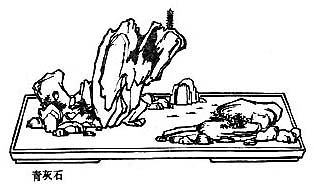論
語
Lun Yu 
 – The Analects of Confucius
– The Analects of Confucius
The Master discusses with his disciples and unveil his preoccupations with society. Tr. Legge (en), Lau (en) and Couvreur (fr).
Lunyu XIX. 2. (486)
Tsze-chang on narrow-mindedness and a hesitating faith.
Tsze-chang said, "When a man holds fast to virtue, but without seeking to enlarge it, and believes in right principles, but without firm sincerity, what account can be made of his existence or non-existence?"
Legge XIX.2.
Tzu-chang said, 'How can a man be said either to have anything or not to have anything who fails to hold on to virtue with all his might or to believe in the Way with all his heart.'
Lau [19:2]
Tzeu tchang dit : « Celui qui s'en tient à la Vertu, mais dans des limites étroites, qui est fidèle à la Voie, mais avec hésitation, doit-il être compté pour quelque chose, doit-il être compté pour rien1 ? »
Couvreur XIX.2.

The Analects of Confucius – Lun Yu XIX. 2. (486) – Chinese on/off – Français/English
Alias the Lunyu, the Lun Yü, the Analects, les Entretiens du maître avec ses disciples.
The Book of Odes, The Analects, Great Learning, Doctrine of the Mean, Three-characters book, The Book of Changes, The Way and its Power, 300 Tang Poems, The Art of War, Thirty-Six Strategies
Welcome, help, notes, introduction, table.
Index – Contact – Top























